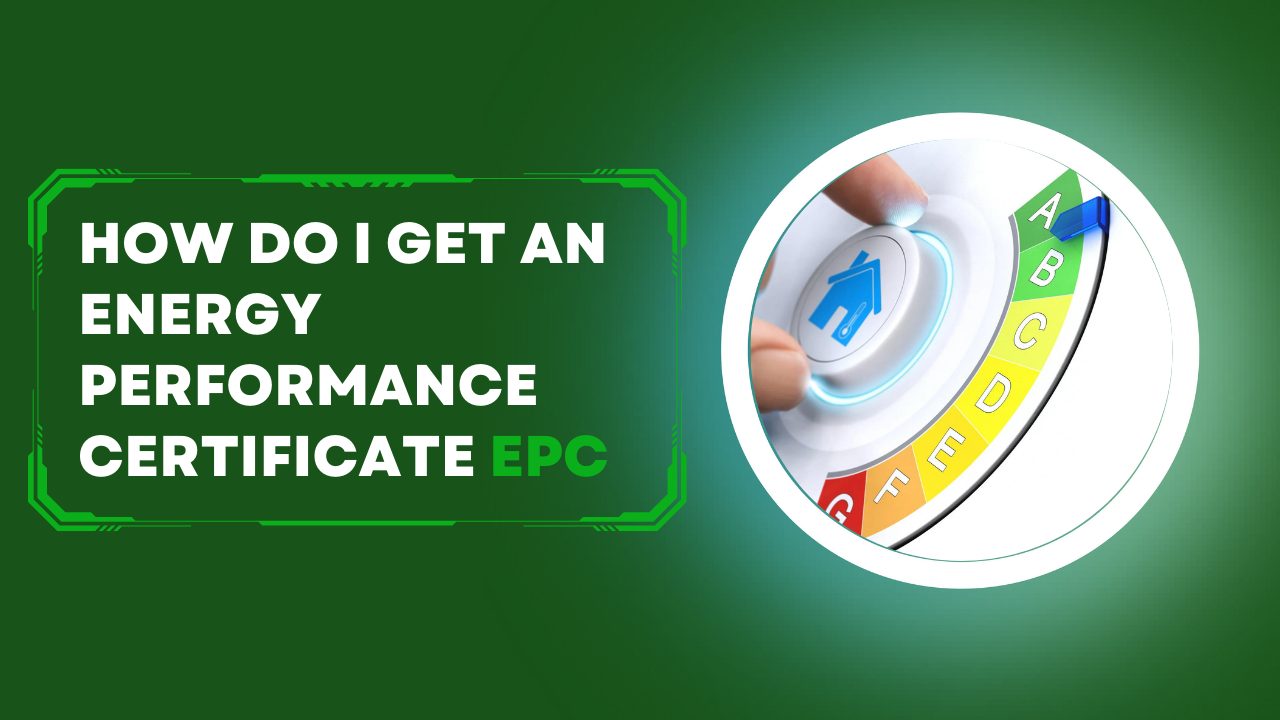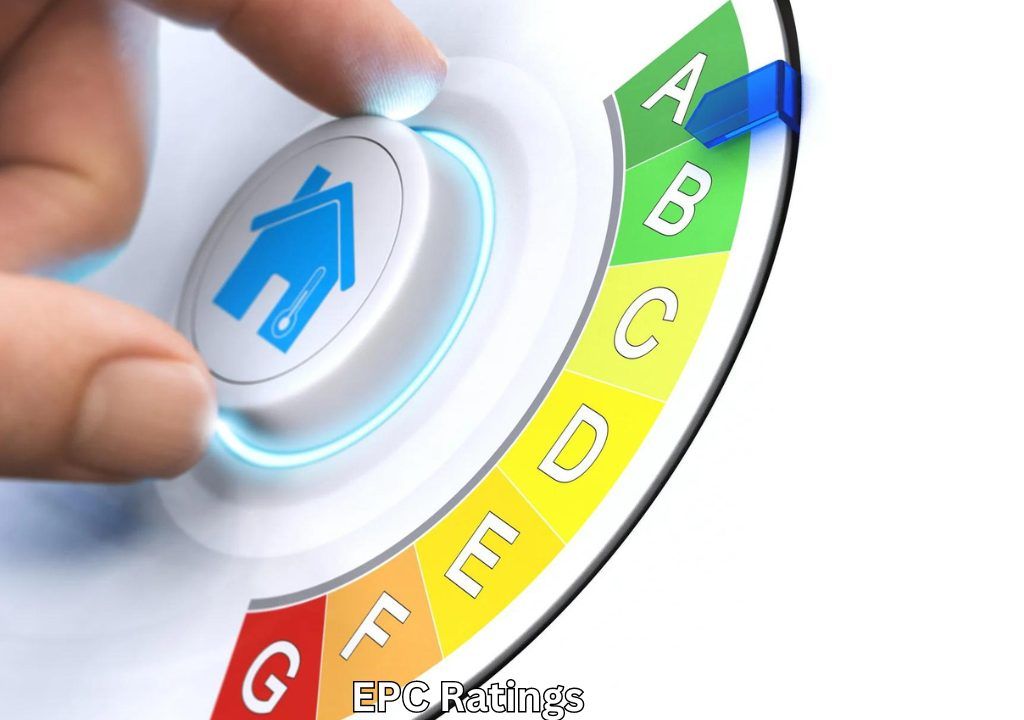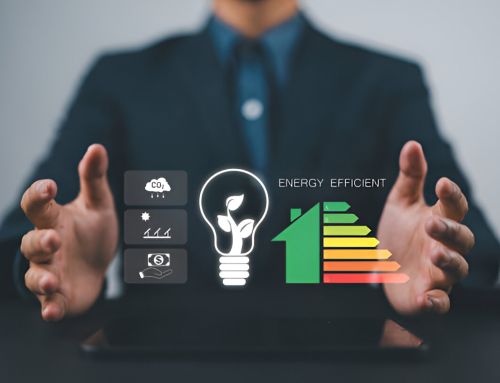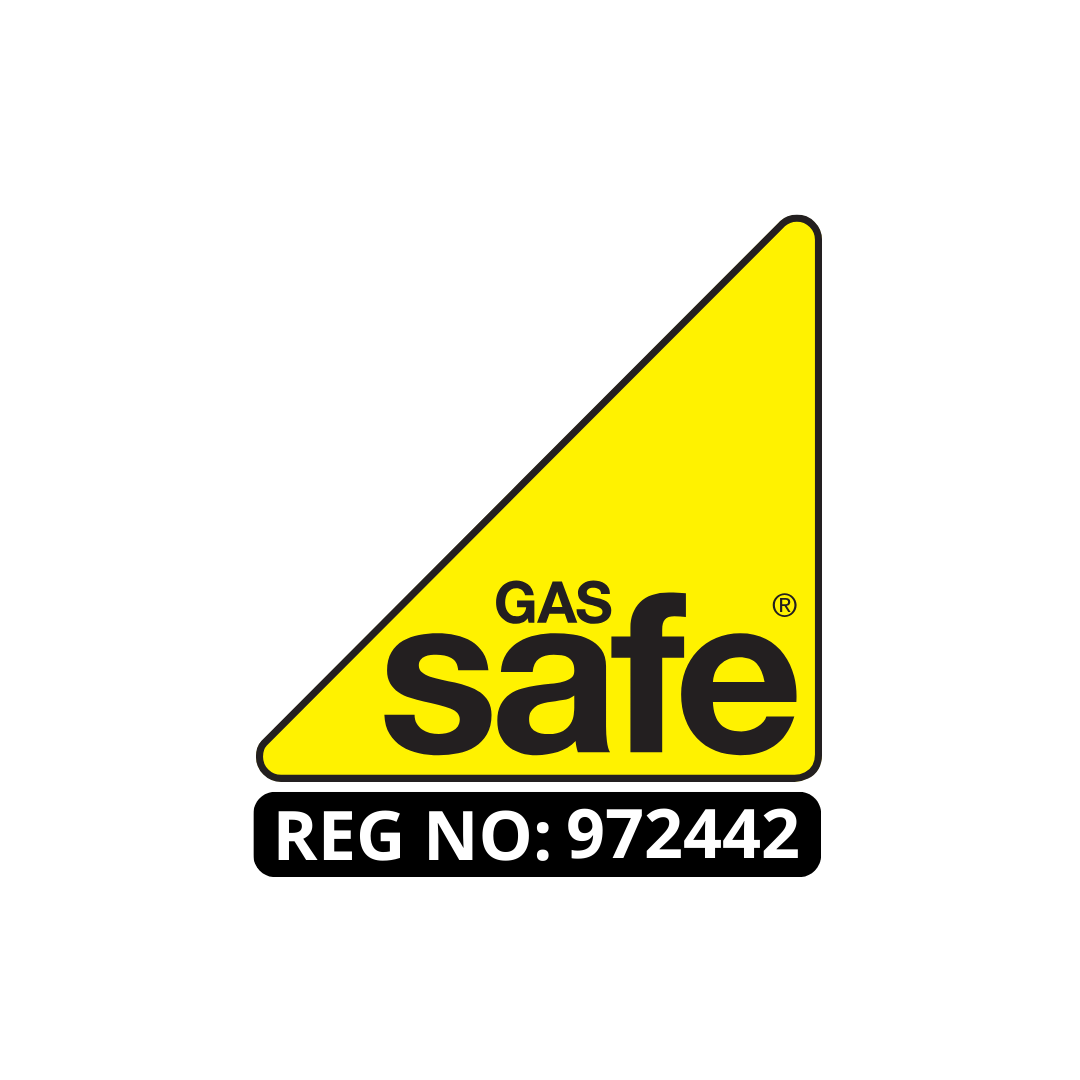
In my pursuit of understanding the intricacies of property ownership, I find myself faced with the essential task of acquiring an Energy Performance Certificate (EPC).
But how does one go about obtaining this crucial document? The process involves navigating through specific steps and engaging with certified professionals who can assess a building’s energy efficiency.

As I unravel the layers of securing an EPC, we will uncover the nuances of this certification, its impact on property values, and the significance of energy efficiency improvements.
Let’s embark on this journey together to demystify the realm of EPCs and equip ourselves with valuable knowledge for informed decision-making.
Understanding Energy Performance Certificates
Understanding Energy Performance Certificates involves grasping the essential role they play in evaluating a property’s energy efficiency and informing potential buyers and tenants. EPCs offer a multitude of benefits, from showcasing a property’s energy efficiency to aiding in making informed decisions. By providing detailed information on a property’s energy usage and potential living costs, EPCs enable individuals to assess the energy performance of a property and consider potential energy savings. Moreover, EPCs facilitate property comparison by allowing easy evaluation of different properties’ energy efficiency levels, thus guiding individuals towards making energy-efficient choices.
Efficiency upgrades recommended in EPC reports can lead to significant energy savings over time. By implementing suggestions like upgrading insulation, transitioning to efficient heating systems, and adopting LED lighting, property owners can enhance their property’s energy efficiency. This not only benefits the environment but also contributes to cost savings in the long run. Ultimately, understanding EPCs equips individuals with the necessary insights to optimize energy usage, make property comparisons, and undertake efficiency upgrades for a more sustainable and cost-effective living experience.
Importance of an EPC
The significance of an Energy Performance Certificate (EPC) lies in its ability to provide crucial insights into a property’s energy efficiency, influencing decisions for potential buyers and tenants. An EPC offers a detailed energy consumption analysis, highlighting the property’s energy efficiency benefits and potential financial savings. This information not only impacts the property market by making energy-efficient homes more attractive but also contributes to environmental awareness by promoting sustainable living practices.
Moreover, understanding the EPC rating can help individuals comprehend the property’s energy performance in comparison to others, guiding them towards making informed decisions. By assessing the property’s insulation, heating systems, and overall energy efficiency, the EPC serves as a valuable tool for homeowners and tenants alike, encouraging improvements that can lead to lower energy costs and a reduced carbon footprint. In essence, the EPC plays a vital role in fostering energy efficiency, financial savings, and environmental consciousness within the real estate sector.
Exploring EPC Ratings

Exploring the range of EPC ratings provides valuable insights into a property’s energy efficiency and potential for cost savings. EPC ratings, ranging from A (most efficient) to G (least efficient), are crucial indicators of a property’s sustainability. Homes with higher ratings not only contribute to environmental conservation but also lead to reduced energy consumption and lower utility bills.
Sustainable homes and green buildings often boast superior EPC ratings, reflecting their energy-efficient design and operation. Understanding these ratings can guide homeowners towards efficiency upgrades, such as improving insulation, upgrading heating systems, and incorporating renewable energy sources. By focusing on enhancing energy efficiency, properties can move up the EPC rating scale, making them more attractive, cost-effective, and environmentally friendly.
Analyzing EPC ratings is a proactive step towards creating more energy-efficient living spaces and promoting a greener future for all.
Process of Obtaining an EPC
To obtain an Energy Performance Certificate (EPC), one must first locate a certified energy assessor. The EPC assessment process involves the evaluation of insulation, heating systems, lighting, and more to determine the property’s energy efficiency.
Upon completion, the EPC certificate benefits include providing energy efficiency information for potential buyers or tenants, estimating energy usage costs, and aiding in making informed decisions about energy consumption. The EPC cost breakdown varies but typically ranges from £60 to £120, with factors such as property size and location influencing the price. An EPC is valid for ten years, making it a sound long-term investment.
Additionally, the EPC report will include recommendations for efficiency improvements, such as upgrading insulation, transitioning to efficient heating systems, switching to LED lighting, installing renewable energy sources, and utilizing technologies like ClearVUE.Zero. Following these recommendations can enhance the property’s energy efficiency and potentially lower energy costs over time.
Cost and Improving EPC Ratings

When considering the cost implications and strategies for enhancing Energy Performance Certificate (EPC) ratings, it’s essential to evaluate the potential financial benefits of efficiency upgrades. Cost comparison plays a crucial role in determining the feasibility of various improvement options.
Insulation upgrades are a fundamental step in enhancing EPC ratings, as they help in reducing heat loss and improving overall energy efficiency. Investing in heating efficiency by transitioning to more sustainable and efficient heating systems can significantly impact the EPC rating positively.
Additionally, lighting improvements, such as switching to energy-efficient LED lighting, can contribute to reducing energy consumption and enhancing the property’s rating. Embracing renewable energy sources, like solar panels or wind turbines, not only boosts the EPC rating but also aligns with sustainable practices.
EPC Regulations and Exemptions
Considering the financial implications and strategies for enhancing Energy Performance Certificate (EPC) ratings, it’s crucial to understand the regulations and exemptions that govern the assessment process. EPC exemptions apply to buildings used for less than four months a year, temporary structures with a planned use of two years or less, standalone buildings under 50 square meters, and certain protected or listed buildings.
Landlord regulations mandate that rental properties must have an EPC rating of E or above, with F or G-rated properties not permissible for letting. These tighter regulations aim to improve living conditions and reduce emissions, as approximately 1 in 10 rented properties currently have F or G ratings.
It’s essential to be aware of the legal requirements and building exemptions when dealing with energy efficiency discussions to ensure compliance and efficiency enhancements. Understanding these aspects is key to navigating the EPC assessment process effectively and responsibly.
Frequently Asked Questions
Can I Get an EPC for a Commercial Property or Is It Only for Residential Properties?
Yes, commercial properties are eligible for an EPC, not just residential ones. Having an EPC for non-residential buildings is crucial for understanding energy efficiency, reaping financial benefits, and supporting sustainability initiatives in businesses.
Are There Any Financial Incentives or Grants Available for Making the Recommended Upgrades Mentioned in the EPC Report?
Financial incentives, such as government grants, are available for green renovations and energy efficiency improvements mentioned in the EPC report. These incentives aim to support home upgrades that enhance sustainability and reduce energy costs.
How Do Smart Home Technologies or Energy-Saving Devices Impact an EPC Rating?
Smart home technologies like smart thermostats and energy-efficient lighting can positively impact EPC ratings by improving energy efficiency. Solar panels, insulation upgrades, home automation, and energy monitoring contribute to higher ratings. Investments in eco-friendly materials, heat pumps, and double glazing further enhance efficiency.
Is There a Way to Challenge or Appeal an EPC Rating if I Believe It Is Inaccurate?
Challenging an EPC rating involves a formal process. Seek an independent assessor for a reevaluation. Understand legal implications and the impact on energy efficiency. Concerns about accuracy can be addressed through this structured approach for resolution.
Are There Any Specific Considerations for Older Properties or Heritage Buildings When It Comes to Obtaining an Epc?
When considering older properties or heritage buildings, it’s vital to understand architectural features, conservation guidelines, historic materials, and building regulations. Preservation concerns drive the need for EPCs while respecting the property’s unique characteristics.
Conclusion
In conclusion, obtaining an Energy Performance Certificate (EPC) is essential for understanding a building’s energy efficiency and potential costs. By exploring EPC ratings, considering improvements, and staying informed about regulations, property owners can make informed decisions towards a more sustainable future.
Prioritizing energy efficiency not only benefits the environment but also enhances property values and overall comfort for occupants.
Stay proactive in obtaining and utilizing EPCs to make a positive impact on both your property and the planet.
Schedule your booking today
About the Author: LandlordCertificate
Related Posts
Get Social
Recent Posts
- The Role of Fire Alarm Installation in Building Safety
- How Often Should a Fire Risk Assessment Be Reviewed?
- What must landlords get right for Fire Risk Assessment London compliance?
- UK Gas Safety Regulations for Landlords & Tenants: Introduction to Gas Safety Certificates
- Check If Your Gas Engineer is Registered: London Gas Safety Certificate London













